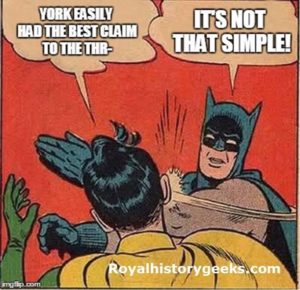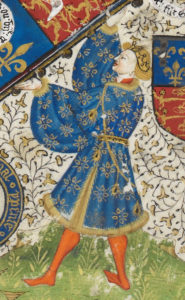Being a Royal History Geek has its challenges. Our animated interest in the affairs of yesteryear can raise more than the occasional eyebrow among our friends and family. The Wars of the Roses, however, is one topic that people not quite as super-cool as us know a little bit about. Or at least, they think they do.
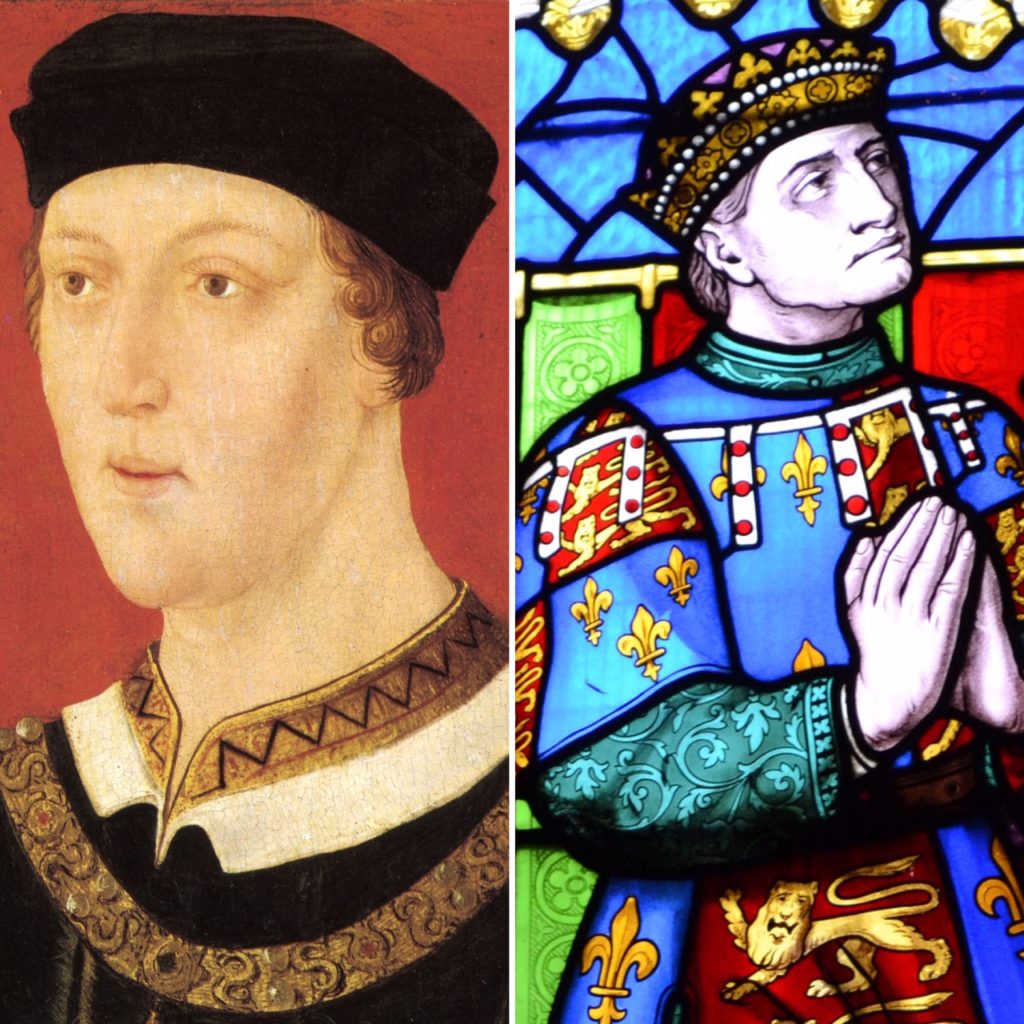
It’s not uncommon for the debate around who had the better claim to the throne – York or Lancaster – to come up in the mainstream media, at school or university and even down the pub.
So, next time you find yourself debating the age-old question, here’s six facts it’s worth remembering.
1. The Lancastrians were the senior heirs male of Edward III
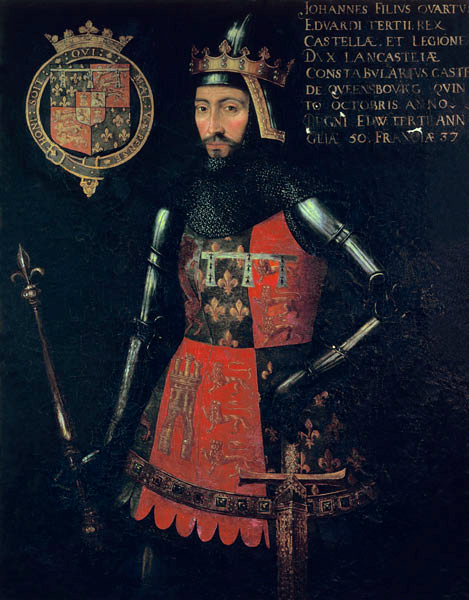
Richard II had the undisputed right to succeed Edward III in 1377. But once you get rid of him, the Lancastrian kings were the senior heirs male to Edward III. That means their line passed father to son to grandson, great-grandson etc in much the same way that the surname tends to. If you believed people in the 14th and 15th century preferred male-only succession, Lancaster are the clear winners
2. York were the senior heirs general of Edward III
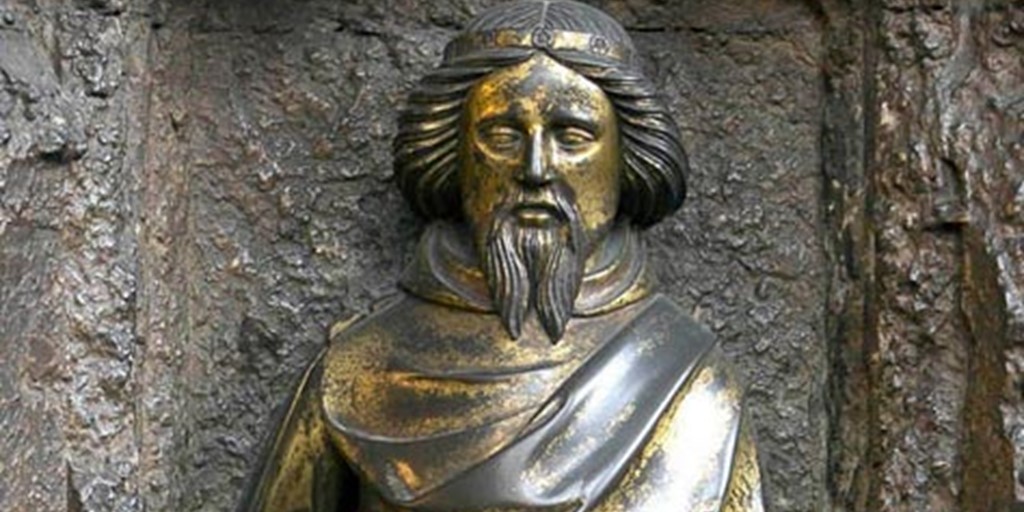
The house of York descended from Edward III’s second surviving son, Lionel of Antwerp. But the line passed through daughters twice before getting to Richard, Duke of York. If you believed that 14th/15th century folk were open to women inheriting the crown – or transmit their claim to their sons – then York come out on top.
3. Edward I may have permitted succession through the female line
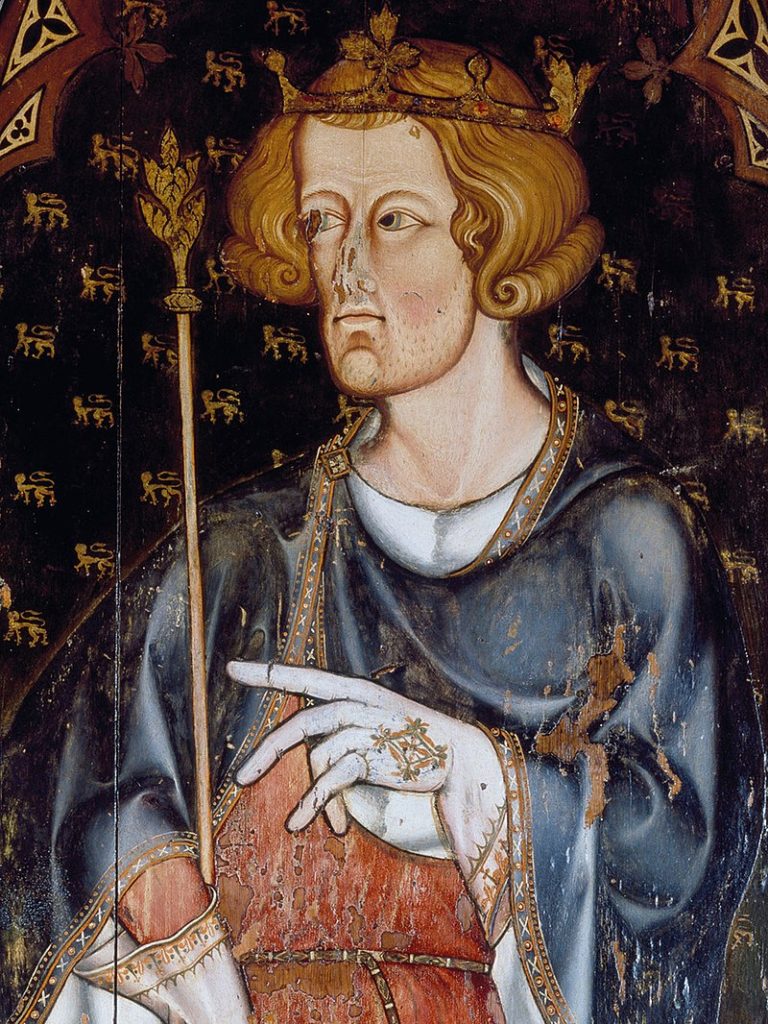
Although details are a bit sketchy, it looks as if Edward I (1272-1307) was open to female succession. He seems to have told his family that the crown should pass first to his sons and their descendants, thereafter to his daughters and their descendants. This is good news for the Yorkist claim.
4. Edward III entailed succession through the male only line
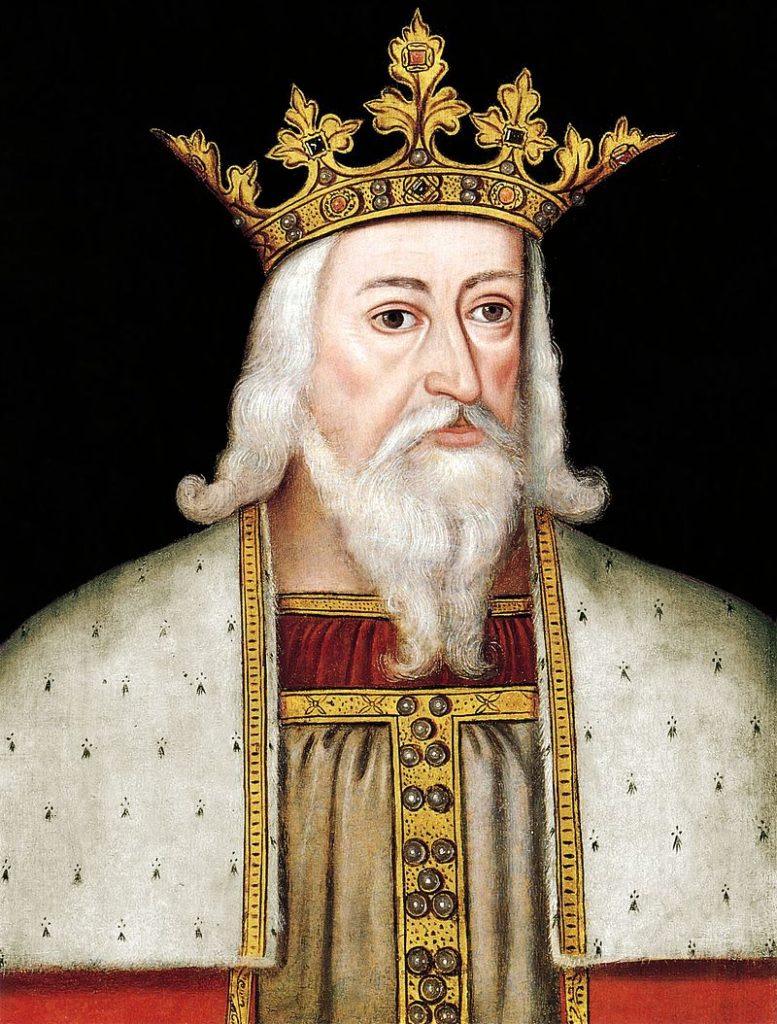
In about 1377, Edward III left a document suggesting that descent should only be in the male-line. This is a coup for the Lancastrians. It specifically names the Duke of Lancaster and his son before the Mortimers (ancestors of the Yorks). But even more importantly, it ties into a wider trend. In the late 1300s, landowners were trying to entail their estates to male-heir only. Edward III’s decision to do the same with the crown may have been indicative of attitudes at the time.
5. Richard II may have nominated Mortimer as his heir
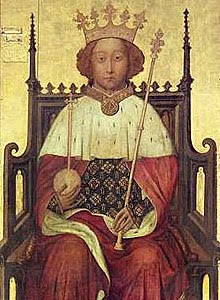
According to the Eulogium Historium, Richard II recognised Mortimer as his heir in the parliament of 1385 or 1386. Mortimer was the grandson of Lionel of Antwerp, second son of Edward III. If true, this is good news for Yorkists. Richard, Duke of York, was Mortimer’s grandson. But historians debate whether it really happened. The official record doesn’t mention it.
6. No one cared about any of this in 1460 or 1461
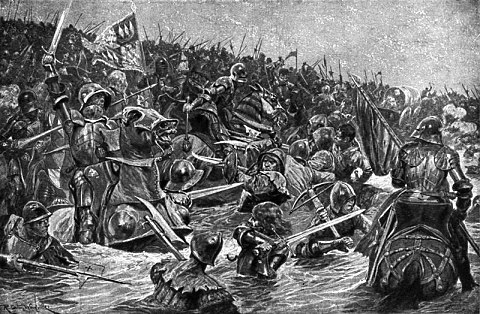
No one really cared whether the Duke of York or Henry VI had the best hereditary claim from Edward III. Not even Richard himself really. Lancaster were the established dynasty. Henry VI was an anointed King and the son of a great man, Henry V. The nobility was reluctant to remove Henry, despite his disastrous reign.
It was ultimately the gentry that deserted Lancaster and backed Edward IV at the battle of Towton in 1461. None of them did so because of the ’superiority’ of the Yorkist claim. They, even more than the nobility, needed stability to return to England. They knew that Henry VI was effectively out the picture. Their choice was a full-blooded Plantagenet like Edward of York or a French woman who had gained a reputation for savagery.
28,000 men lost their life at Towton. Not a single one did so to defend constitutional purity.
Subscribe to our newsletter!
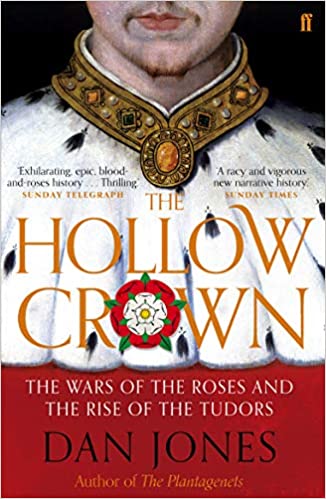
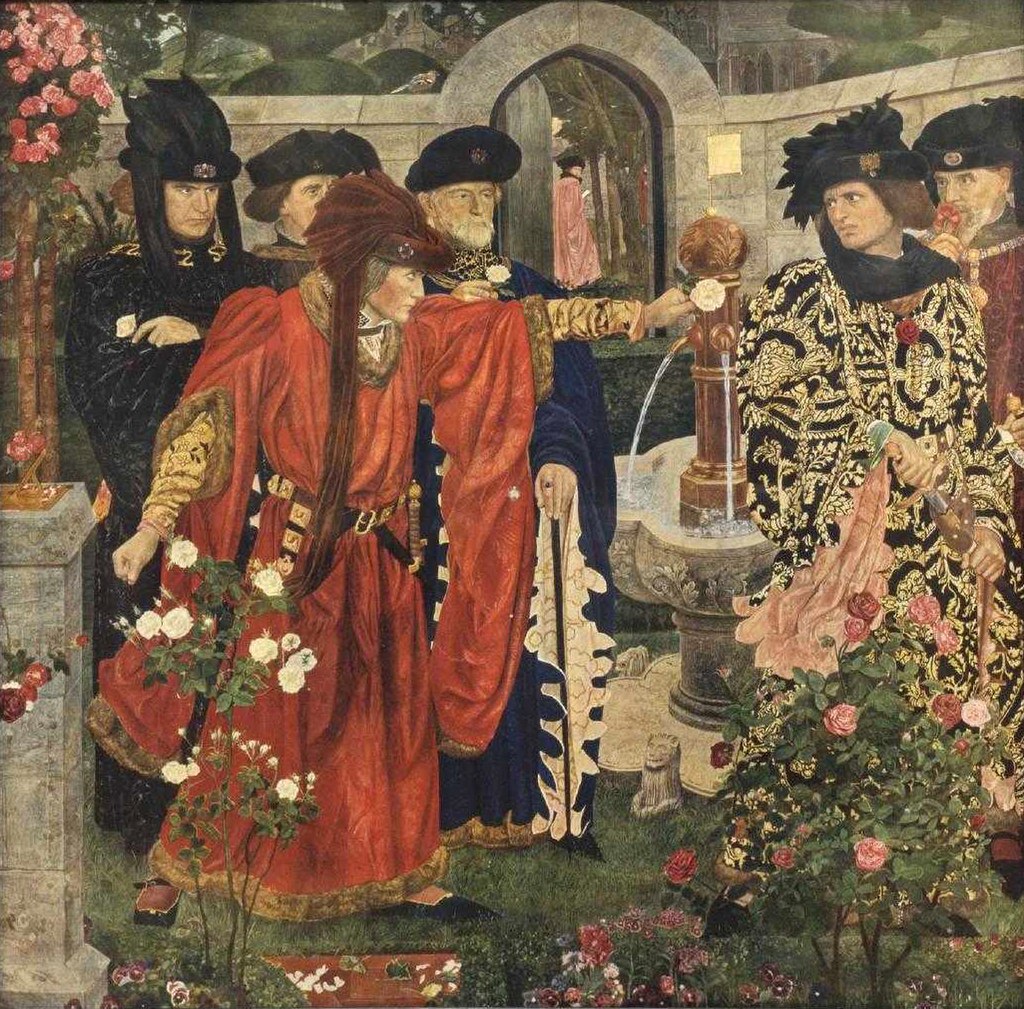
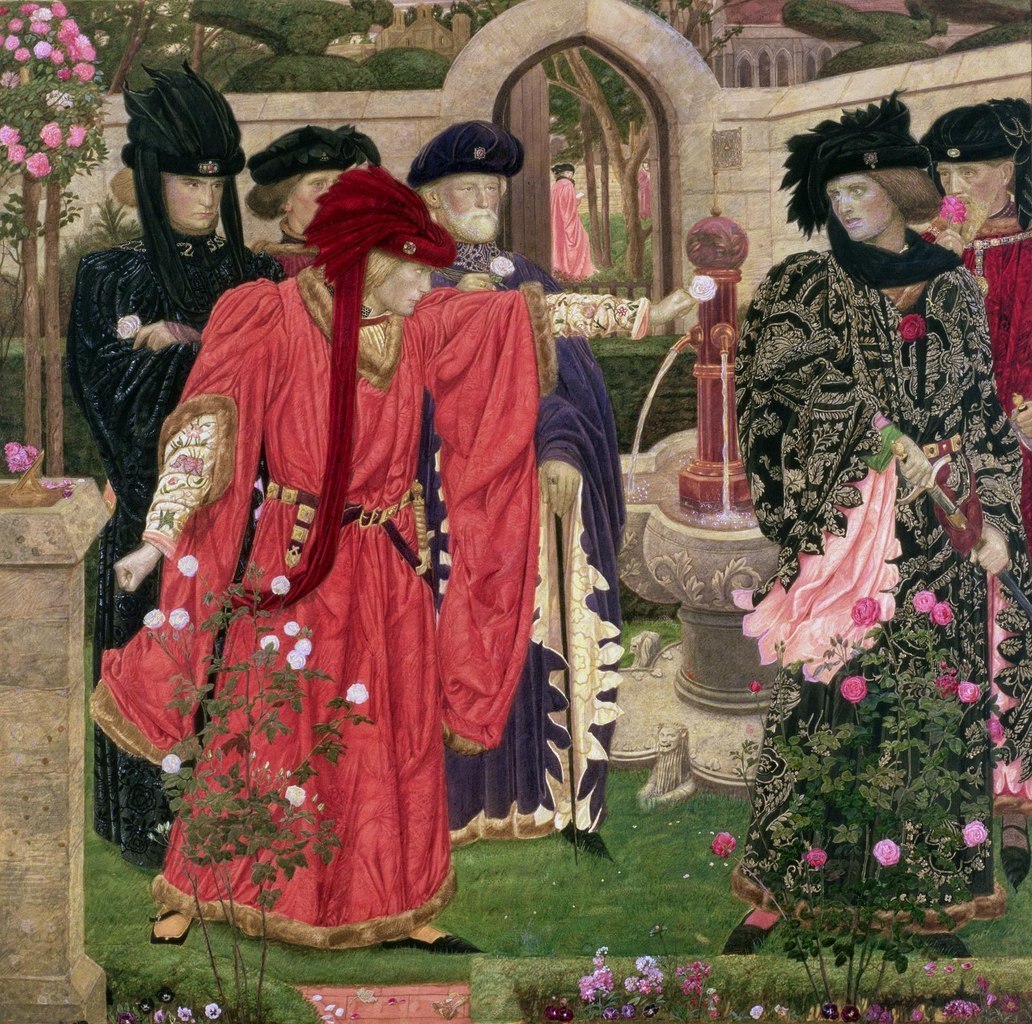 The Wars of the Roses saw the houses of York and Lancaster fight for the throne
The Wars of the Roses saw the houses of York and Lancaster fight for the throne